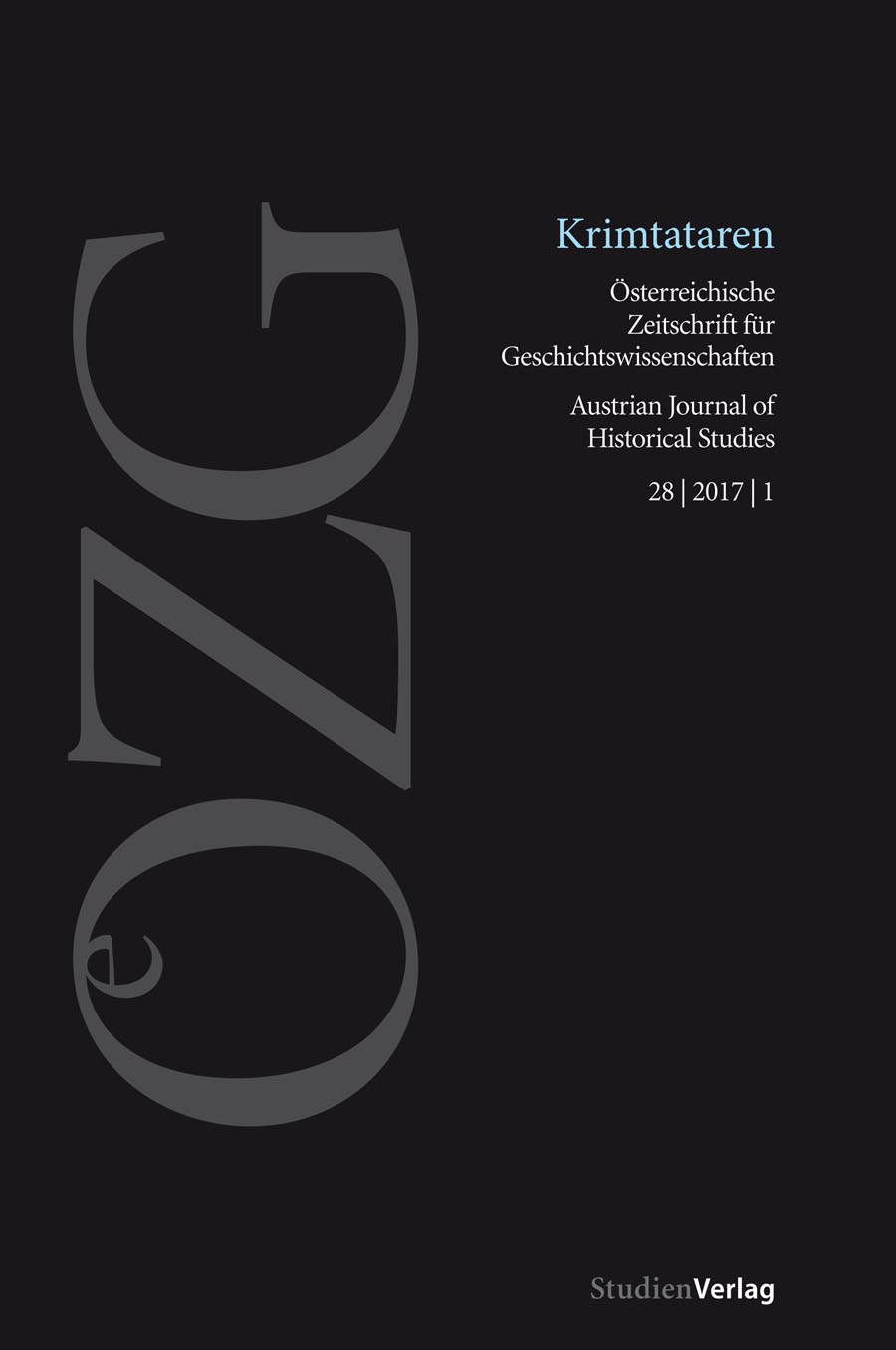Resurrection and Revolution
Austro-Catholicism, German Nationalism, and National Socialism in Slovenia (1933–1941)
DOI:
https://doi.org/10.25365/oezg-2017-28-1-11Schlagworte:
German history, Austrian history, German nationalism, National Socialism, Catholicism, Slovenian historyAbstract
This article analyzes the nature of ethnic Germans’ identities and nationalisms in what is now modern Slovenia from the beginning of the Third Reich in 1933 to the Nazi invasion of Yugoslavia in 1941. The reactions of these Germans to world and local events are examined through the prism of local German-language media and archival sources, which show that ethnic Germans at this time were conflicted by multiple identities and nationalisms: one that most strongly aligned with the German nationalism of National Socialist ideology, and one that was marked by a robust Austro-Catholic regional identity aligned with conservative Christian Austrians in neighboring Austria. This article therefore adds to an understanding of the appeal of National Socialism for and types of nationalism of ethnic Germans outside of the Third Reich, as well as the role of religion in Austrian identity formation in the early twentieth century.


